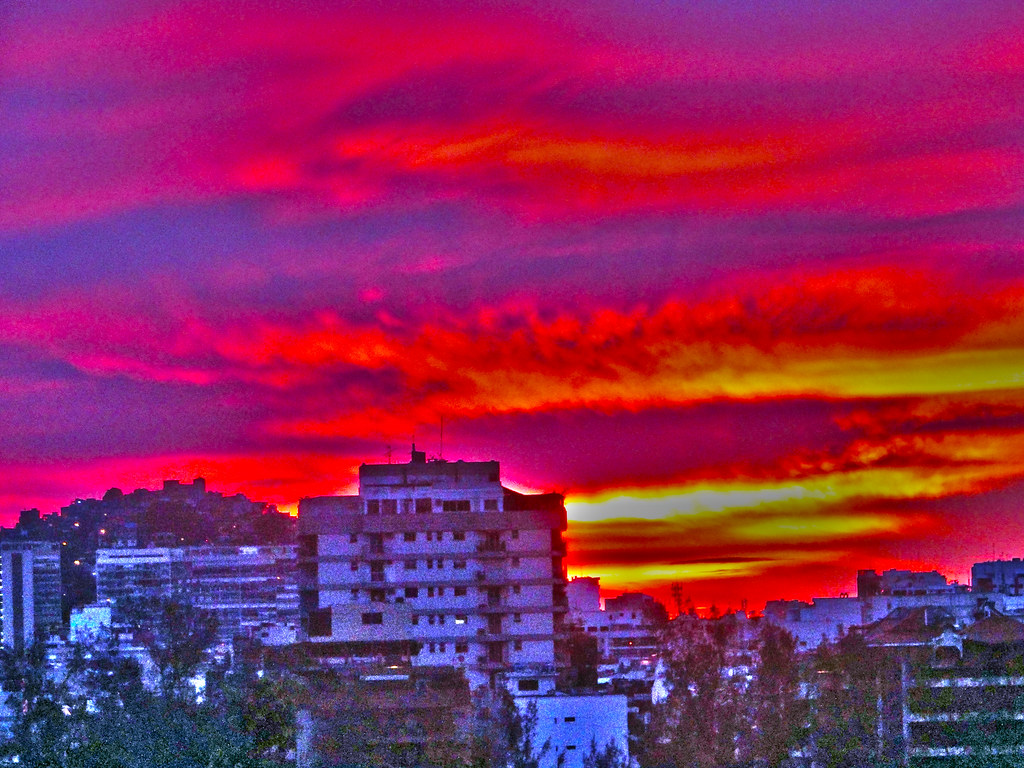
Look I actually studied Geology at the University and earned a Bachelor of Science degree in Geologic Sciences. What I didn't learn in that study was "Cataclysmic Geology" and this is because in normal geology it is assumed that rocks move slowly - always!
As I learned more about planet earth the concepts of cataclysmic geology began to make a lot more sense. The way this goes is that most of the time the rocks do more slowly in what's described as "geologic time" (typically measured in thousands and up to millions of years).
However from time to time we have events of cataclysm where major shifts happen on the planet causing significant changes all at once. You may have heard something about "pole shift" events and this is the most commonly understood event of cataclysmic geology. The interesting thing is that pole shifts are known in standard (university) geology and the evidence of these events is seen in the orientation of ferrous (iron) ore rocks in the ocean floor shows these reversals and there are estimates on how often these events happen.
Why do these events happen? Is there an instability in our solar system? Is it related to the "asteroid belt" where some experts have estimated there should be another planet? Is there still a tenth planet in our solar system that has a wider arc and only presents itself near Earth very rarely around the time of the these pole shift events?
Cataclysmic earth changes happen. That's the point I wanted to make here and while they don't happen very often these are events we might want to plan for because one could actually happen during our lifetime and clearly this would make most of our normal earthly, mundane work in life rather redundant.
Here's the interview that inspired this short post - if you found this post intriguing you'll want to listen to or watch this interview:
[iframe src="https://www.brighteon.com/embed/04b12580-e267-4282-9bb6-0f2c2a13daa1" width="560" height="315" frameborder="0" allowfullscreen="" /]
Please share this post with anyone that you think will be interested in it.
Photo By Rodrigo_Soldon






